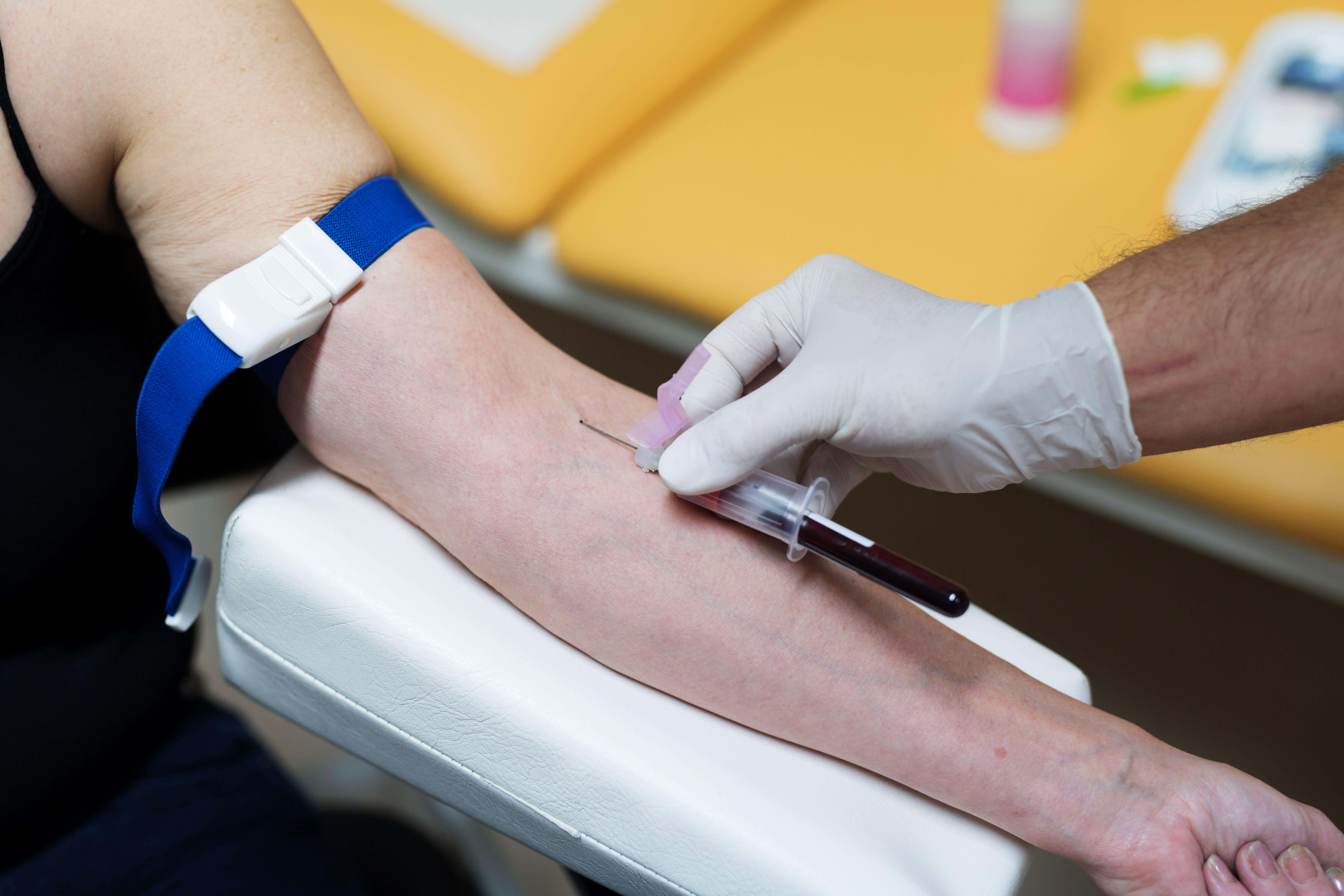Hepatitis B and C could cause ‘significantly higher cancer risk’ than smoking daily pack of cigarettes
July 28 marks World Hepatitis Day.

Your support helps us to tell the story
From reproductive rights to climate change to Big Tech, The Independent is on the ground when the story is developing. Whether it's investigating the financials of Elon Musk's pro-Trump PAC or producing our latest documentary, 'The A Word', which shines a light on the American women fighting for reproductive rights, we know how important it is to parse out the facts from the messaging.
At such a critical moment in US history, we need reporters on the ground. Your donation allows us to keep sending journalists to speak to both sides of the story.
The Independent is trusted by Americans across the entire political spectrum. And unlike many other quality news outlets, we choose not to lock Americans out of our reporting and analysis with paywalls. We believe quality journalism should be available to everyone, paid for by those who can afford it.
Your support makes all the difference.People living with hepatitis B (HBV) and hepatitis C (HCV) could be just as likely or more likely to develop cancer than someone smoking a pack of cigarettes a day, new research suggests.
According to the Center for Disease Analysis (CDA) Foundation, people infected with hepatitis B and C viruses “have a similar or significantly higher risk of developing cancer than someone who actively smokes one pack of cigarettes per day”, and therefore HBC and HBC should be “considered as cancer causing infections and international guidelines should be reconsidered accordingly”.
Hepatitis is the term used to describe inflammation of the liver, according to the NHS. Hepatitis B is spread in the blood of an infected person – it can be spread from infected women to their babies, or through unprotected sex and injecting drugs – and hepatitis C is usually spread through blood-to-blood contact with an infected person. The NHS says HCV is most commonly spread in the UK through sharing needles used to inject drugs.
The foundation found that HBV and HCV viruses are highly oncogenic. Oncogenes are mutated genes which can lead to cancers in multiple organs and sites.
Homie Razavi, managing director at CDA Foundation said: “Hepatitis B and C infections are silent epidemics. These viral infections are cancer causing but since infected individuals don’t show any symptoms until it is too late, most infections go unnoticed.
“It is important for all of us to recognise the high risk of cancer associated with hepatitis B and C infections and get patients linked to care. Treatment can reduce the risk of cancer by 85% or more.”
As part of a call on World Hepatitis Day 2023 (July 28), the World Hepatitis Alliance (WHA) has launched a campaign called ‘We’re not waiting’ with its global network of 323 members in over 100 countries, in order speed up the fight against the disease, which claims a life every 30 seconds.
In a new survey, the WHA found that 42% of people around the world are unaware that viral hepatitis is one of the leading causes of liver cancer. Nearly three-quarters (74%) of those surveyed said knowing that hepatitis causes liver cancer means they are more likely to get tested, whilst 82% would get vaccinated.
In total, over 350 million people have been diagnosed with either hepatitis B or C around the world, which results in more than 1.1 million deaths every year. And by 2040, deaths caused by this disease could surpass mortality from malaria, HIV, and tuberculosis combined, according to the WHA.
“Every year, more than a million lives are lost to hepatitis,” said Danjuma Adda, president of the WHA. “The theme of World Hepatitis Day 2023 is ‘We’re not waiting’. It’s a call to accelerate elimination efforts of viral hepatitis now and the urgent need for testing and treatment for the real people who need it.
“Individuals and communities around the world are making change happen in their own lives and in [the] world around them. We celebrate them, while demanding more action. We’re not waiting for change – we’re fighting to make it happen.”